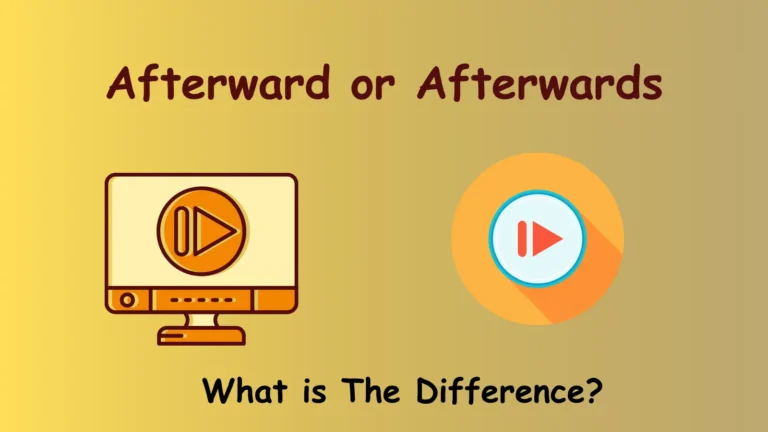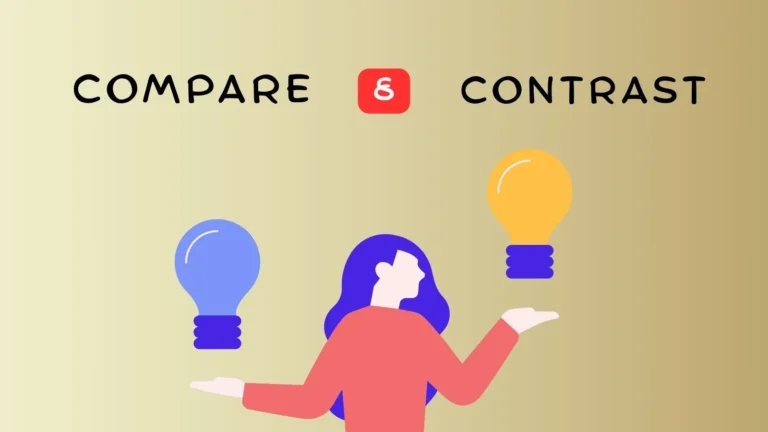Afterward or Afterwards
Knowing whether to use “afterward” or “afterwards” depends on your audience’s location, but there’s more to this distinction than you think.

Knowing whether to use “afterward” or “afterwards” depends on your audience’s location, but there’s more to this distinction than you think.

When debating totaling vs. totalling, the confusion stems from regional spelling conventions. Both terms are the present participle of the verb “to total,” which means to calculate a total or render something unusable (e.g., a “totaled” car). The difference between Totalling or Totaling, lies in the spelling: The root word “total” originates from the French…

Scrutinizing similarities and differences is crucial for effective comparisons, but what makes this analytical skill truly indispensable?

Confused about “acclimate,” “acclimatize,” or “acclimatise”? Discover which adaptation verb suits your writing style and regional context.
End of content
End of content